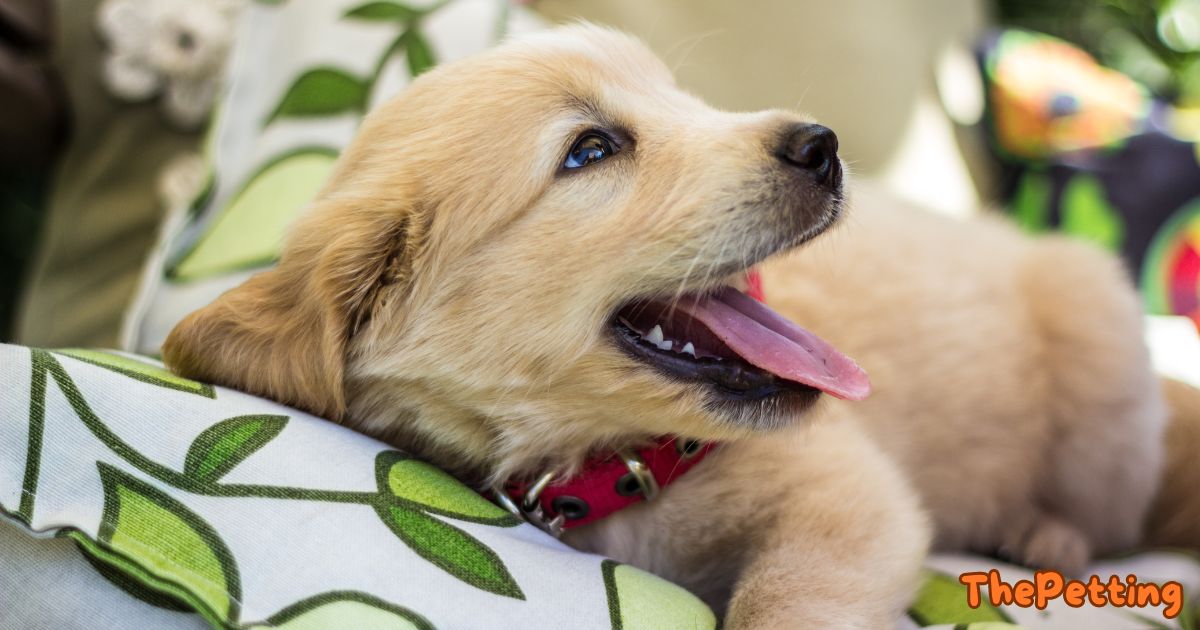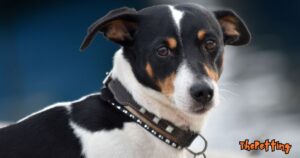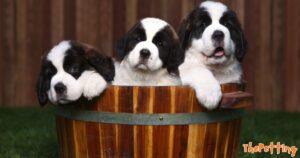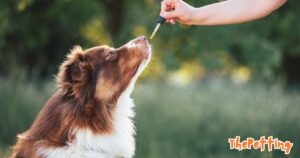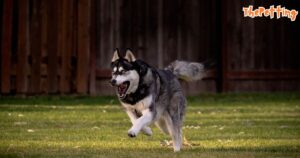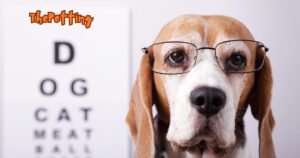Mini Golden Retrievers are affectionate, intelligent, and adaptable dogs that make great companions. This guide explores their growth, training, and care from puppyhood to adulthood.
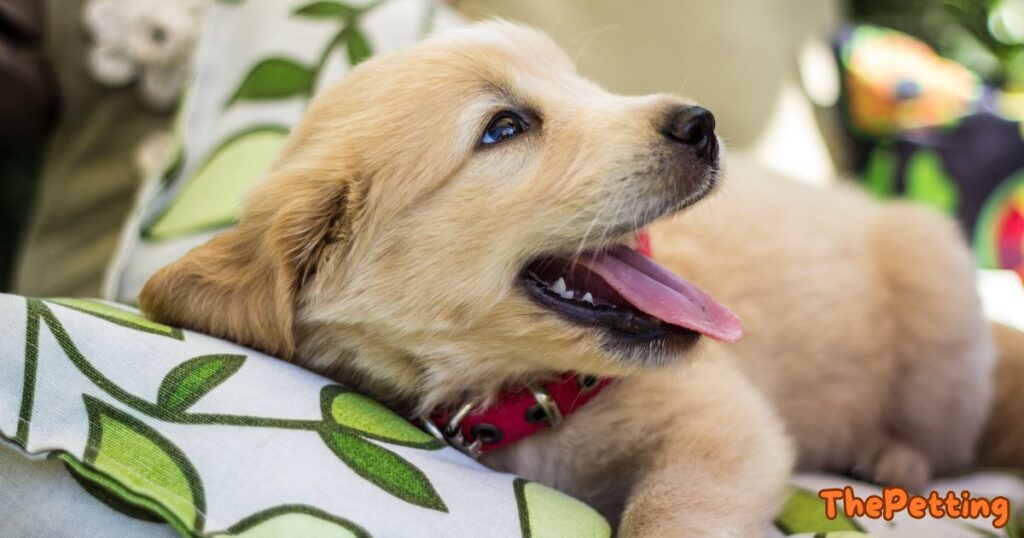
Introduction
Mini Golden Retrievers combine the best traits of Golden Retrievers and smaller breeds, offering a compact version of the beloved family pet. As these dogs grow, owners can enjoy a faithful companion that’s easier to manage in smaller living spaces.
Understanding Mini Golden Retrievers
What Are Mini Golden Retrievers?
Mini Golden Retrievers are a crossbreed, typically a mix of Golden Retrievers with smaller breeds like the Cocker Spaniel or Poodle. They aim to retain the temperament and appearance of a standard Golden Retriever in a smaller size.
- Size: Usually weigh between 20-50 pounds.
- Lifespan: Approximately 12-15 years.
- Temperament: Friendly, intelligent, and eager to please.
Read more about Red Golden Retrievers
Growth Stages
- Puppyhood (0-6 months)
- Rapid growth and development.
- Socialization is crucial during this phase.
- Adolescence (6-18 months)
- Energy levels peak; training becomes essential.
- Begin to mature physically and mentally.
- Adulthood (18 months+)
- Fully grown and settled in personality.
- Requires regular exercise and mental stimulation.
Training and Socialization
Early Training Tips
- Consistency: Use consistent commands and rewards.
- Positive Reinforcement: Encourage good behavior with treats and praise.
- Socialization: Expose to various environments and people.
Advanced Training
- Obedience Classes: Beneficial for structured learning.
- Agility Training: Engages their intelligence and energy.
- Tricks and Commands: Keeps their mind sharp and strengthens the bond.
Nutrition and Health
Dietary Needs
- Puppy Diet: High-quality puppy food with balanced nutrients.
- Adult Diet: Adjust to maintain healthy weight and energy levels.
- Portion Control: Prevent obesity with measured meals.
Common Health Concerns
- Hip Dysplasia: Common in retrievers; regular vet checks are important.
- Allergies: Monitor for skin issues and dietary reactions.
- Dental Care: Regular brushing and dental treats help maintain oral health.
Grooming and Maintenance
Coat Care
- Brushing: Regular brushing to manage shedding.
- Bathing: Only when necessary to avoid skin issues.
- Professional Grooming: Consider seasonal trims.
Exercise Needs
- Daily Walks: At least 30-60 minutes of activity.
- Playtime: Interactive toys and games.
- Mental Stimulation: Puzzles and training sessions.
Living with a Mini Golden Retriever
Family Dynamics
- Great with Kids: Gentle and patient nature.
- Compatibility with Pets: Generally good with other animals.
Apartment Living
- Space Adaptability: Suitable for smaller homes.
- Noise Levels: Typically quiet but may bark with excitement.
Conclusion
Growing up with a Mini Golden Retriever is a rewarding journey filled with love and companionship. With proper care, training, and attention, these dogs thrive in various living situations, making them an ideal choice for many families.
FAQs
1. How big do Mini Golden Retrievers get?
They typically weigh between 20-50 pounds and stand about 14-20 inches tall.
2. Are Mini Golden Retrievers good with children?
Yes, their gentle and friendly nature makes them excellent family pets.
3. How much exercise do they need?
They need at least 30-60 minutes of exercise daily, including walks and playtime.
4. What are common health issues?
Common issues include hip dysplasia and allergies; regular vet checks are recommended.
5. How often should they be groomed?
Regular brushing is essential, with occasional professional grooming as needed.
For more on dog breeds, visit the American Kennel Club.
